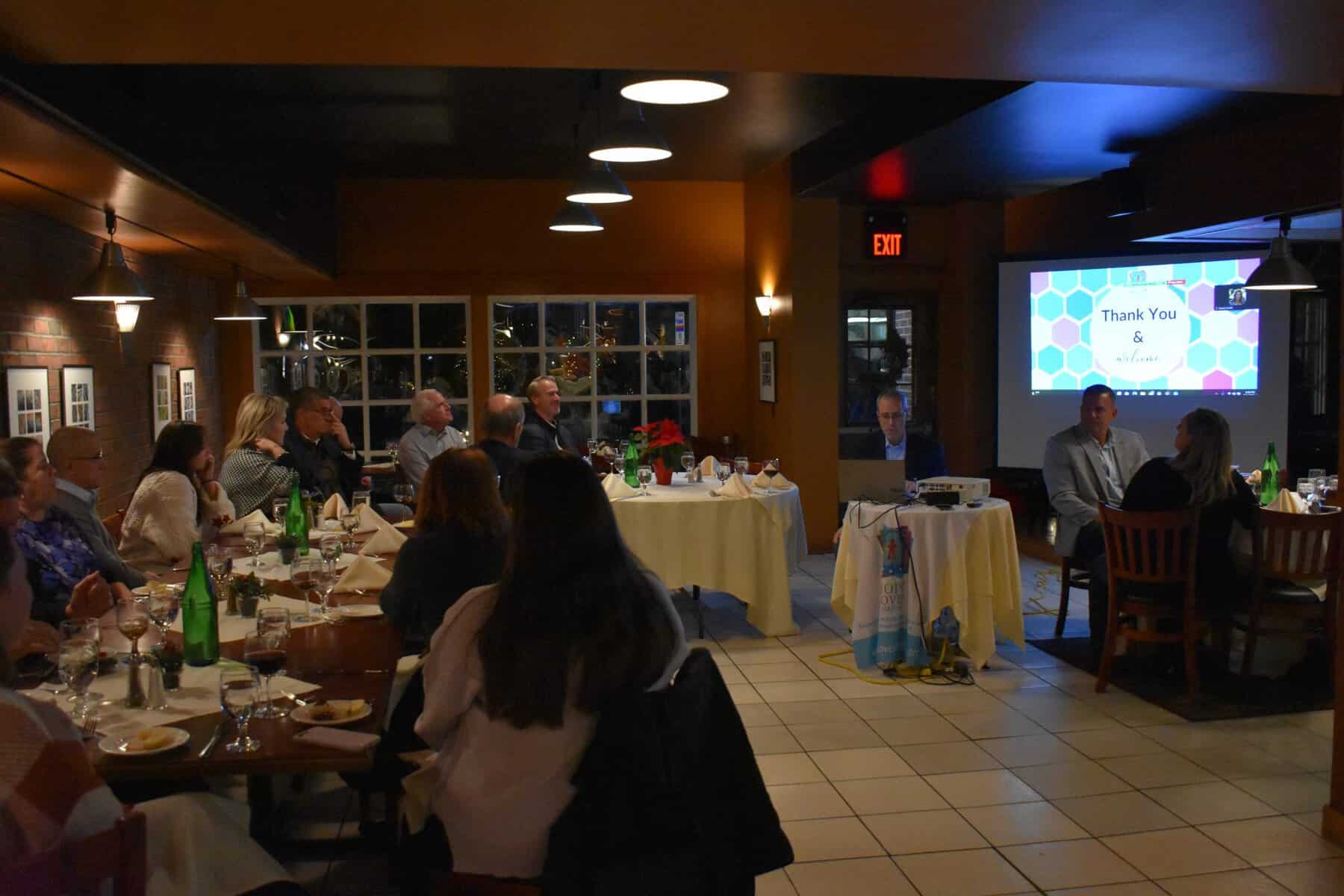Lou Gehrig’s disease, also known as ALS, is not just a fatal disease that affects an individual but an entire family.
ALS (Amyotrophic Lateral Sclerosis) causes the loss of muscle and body function as the disease progressively breaks down an individual’s nervous system.
People with the disease, which does not have a cure, lose their ability to walk and talk as time goes on.
Nonprofit Hope Loves Company (HLC), based in Pennington, has been bringing families affected by the disease together as they navigate the difficulties of ALS.
“Knowing HLC is present and a resource. The support it gives is not attainable any place else. Thank you from the bottom of our hearts,” two parents wrote in a letter to HLC.
The nonprofit provides support, care packages and programming for children and young adults primarily from age 6 to 21. It also helps parents, who may be caregivers, with support through their HLC camps nationwide and volunteer efforts.
“ALS is a fatal disease. It affects the entire family after a diagnosis. When a child or children learns about their parent being diagnosed with ALS they are left in the dark about what ALS is,” said Shannon Sullivan, executive director of HLC.
HLC has been operating for 10 years.
“This is beyond what I thought it would be in 10 years. People give me the credit, but it is everyone else who believes in the mission and brings it forward,” said Jodi O’Donnell-Ames, founder of HLC.
Growing from family fun days to nationwide camps, founder O’Donnell-Ames established the nonprofit after the disease became personal for her when her first husband, Kevin Gerard O’Donnell, was diagnosed with the disease and lost his life in 2001.
“My husband died of ALS when he was at age 36. We had an 8-year-old [child] then and there were no resources,” she said.
In 2003, she remarried with Warren Benton Ames, who also lost his wife to ALS and had two children.
“So these three children, who were very young, lost a parent before the age of one. They did not have resources. I just thought these children are amazing and should be supported and someone should be recognizing their journeys,” she said.
“It is important to recognize the patient’s journey, caregiver’s journey, but also the child’s journey.”
O’Donnell-Ames noted that more people are aware of ALS in the past 10 years, but there is still more awareness needed on the disease.
“People have heard of ALS, but don’t understand the process and impact it has on an entire family,” she said.
What started as a short family fun day has grown to camps arriving across the country from New Jersey to California with an eye on growing camp locations to the midwest by 2024.
Camps have included archery, fishing, a ropes course, boating, art, and music for children and young adults. They are able to connect with other children impacted by a disease that affects 30,000 people in the United States and has 5,000 new cases diagnosed annually.
Sophia Phelan is one of many children to attend HLC Camps after her father was diagnosed with the disease. Phelan lost her father in his battle with ALS.
“It was so important to know that I was not alone in my experiences with the disease. It is important to know that it is something not to be ashamed if your parent or other family members get ALS,” she said.
Phelan said she is succeeding and keeps her father near her heart as she praised HLC care with children and young adults at a Dec. 5 Board meeting for HLC.
“I remember I would be at school, and it would be the end of the school year in June. When you are younger there would always be … arts and crafts,” she said. “Let us make something for our moms or dads for Mother’s Day and Father’s Day. Not having a mother or father, then what do you do.”
She added that meeting people her age who also lost someone at the HLC camps allowed them to find out they are not alone.
“HLC allows you to cry and talk or [even] not talk to people,” she said.
Laura Higday shared her experience with ALS and HLC. Higday’s mother had been diagnosed with the disease and lost her life in 2005.
Higday, who is a teacher, would later become involved with HLC and help with campers.
“Hands down this population of kids that attend these camps and programming are smart, strong and resilient. Even though they have experienced trauma they are wise beyond their years,” she said. “These kids deserve to have a weekend, where they can just be kids.”
In 2022, HLC had 238 children and young adults participate in seven camps during the year with 81 volunteers.
“In this space, children and young adults are able to share their experiences. One young adult had told me of a difficult conversation she had with her father about him not being able to walk her down the aisle someday,” Sullivan said.
She further said, “To have this open space for kids to share with others going through the same struggle is so important. It is understanding that they may not [have that open space when] speaking with a fellow student or peer, who has not been impacted by ALS.”
Sullivan said they would love to have even more participants in the HLC camps.
The nonprofit created and sent 84 Hugs of Hope packages to 32 states across the country.
HLC awarded 10 youth scholarships. Each student received $1,000 to further their educations.
“What is next for HLC is to improve our outreach and get in front of as many people as we can. My hope for the next phase is to really grow our young adult program,” Sullivan said.
“We have kids older than 21, who need support and so we want to grow that. We would like to have a camp in the midwest.”

